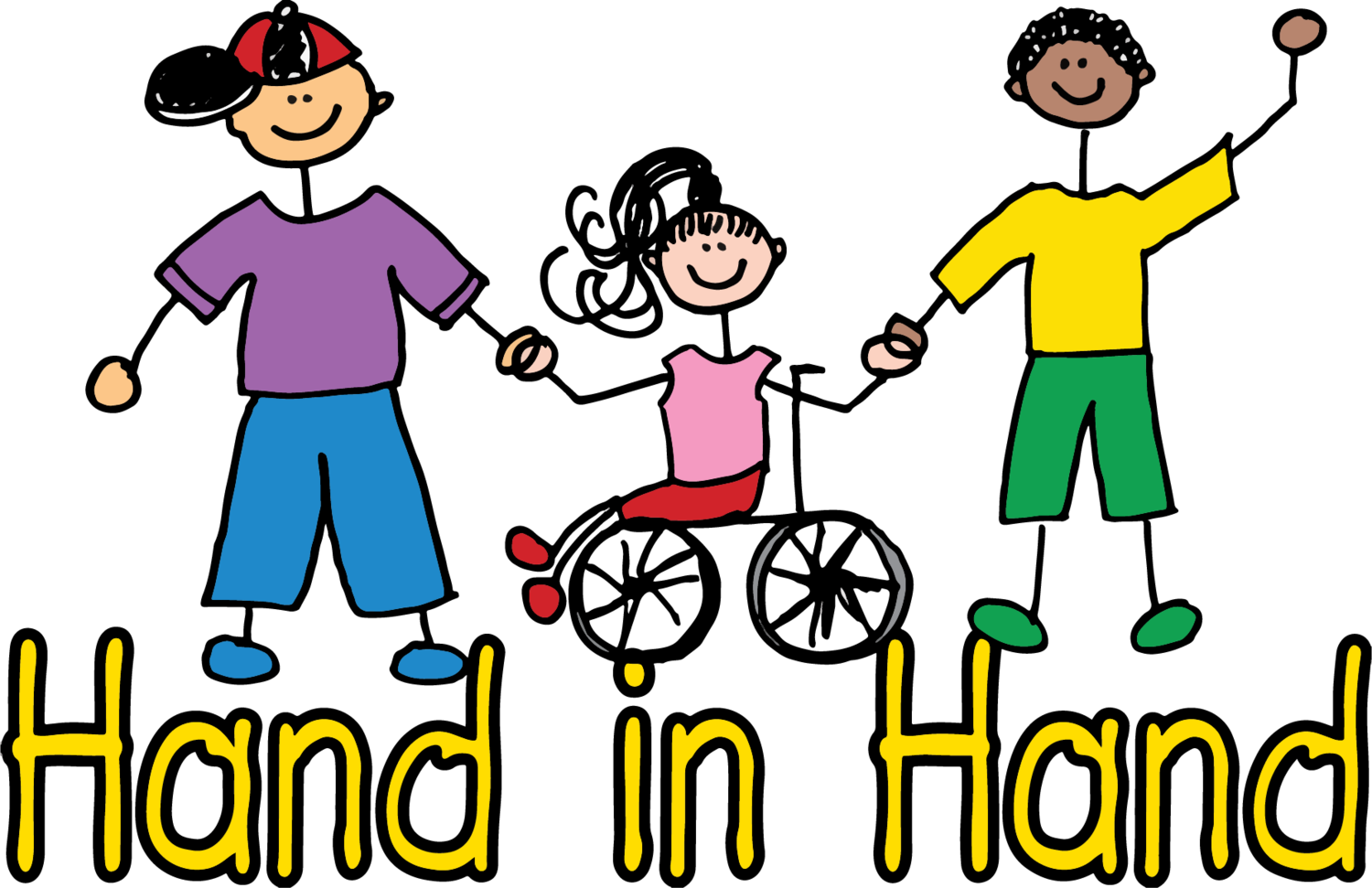Why Respite Care is So Important
There are an estimated 16.8 million unpaid caregivers who provide care to a child with special needs under the age of 18 in the U.S, according to a 2009 study from the National Alliance for Caregiving and AARP. [1] On average, caregivers of children with special needs spend 29.7 hours per week providing care, helping their child with such things as feeding, bathing, going to the bathroom, getting dressed, and getting in and out of bed. [1]
The study found that those caring for children are more likely than caregivers of adults to seek out information about their own well-being including searching for information on stress management, family-work balance, and time for the self. [1] In addition, those caring for children of special needs are three times as likely as those caring for an adult to have had some of the more severe impacts on their employment situation including cutting hours or taking a less demanding job, giving up work entirely, or losing benefits. [1]
One of our goals here at Hand in Hand is to provide support for the whole family. Eighty nine percent of parents at Hand in Hand say that our programs provide a break for them to focus on work and other tasks. There are several benefits for caregivers as well as children who use respite care. Caregivers can lessen stress, have time for hobbies or shopping, and spend time working. Children can be social and interact with their peers, have opportunities for growth and development, and have an opportunity for their needs to still be met when their primary caregiver isn’t available.
Benefits for Caregiver
Lessens Stress – Everyone needs some time to themselves to relax and de-stress. When you take care of yourself you are better able to take care of others. Caregiving can be a very rewarding experiences but does not come without stressors. Caregiving is often a long-term challenge, and if not given the proper break, it can lead to depression, anxiety, and burnout. In a 2012 survey conducted by the Massachusetts Department of Mental Health and the Parent/Professional Advocacy League, they found that 56% of parents said their stress level had been reduced by taking advantage of respite services. [2] Parents also said that respite care reduced family stress overall including sibling stress. [2]
Time for Hobbies or Errands – As one of our parents said, it’s hard to get the shopping done for the family while trying to push a cart and a wheelchair at the same time. By taking advantage of respite time you can run errands, grab a coffee with a friend, or spend time doing something you love like exercising or reading.
Work - Many parents must take days off work or come in late and leave early in order to take care of their child. By having a place like Hand-in-Hand where you know your child is in a safe environment where they are being taken care of, you can focus more on your work.
Benefits for Child
Social interaction with peers – It’s important for kids to be among their peers and to form relationships. Hand-in-Hand provides a safe place where people can truly be themselves while getting to know other participants.
Opportunity for growth and development – Hand-in-Hand programs not only offer participants an opportunity to work on their socialization skills, but our participants can also work on gaining their independence.
Safe environment where needs are met - Parents can rest easy knowing that their child is in a safe environment like Hand-in-Hand where our participants can take part in programs that teach them various life skills while having fun with their friends.
To take a look at all of the programs that Hand in Hand offers, head on over to our programs page.
[1] http://www.caregiving.org/data/Report_Caregivers_of_Children_11-12-09.pdf
[2] http://ppal.net/wp-content/uploads/2011/01/Repite-Care-What-Families-Say.pdf

